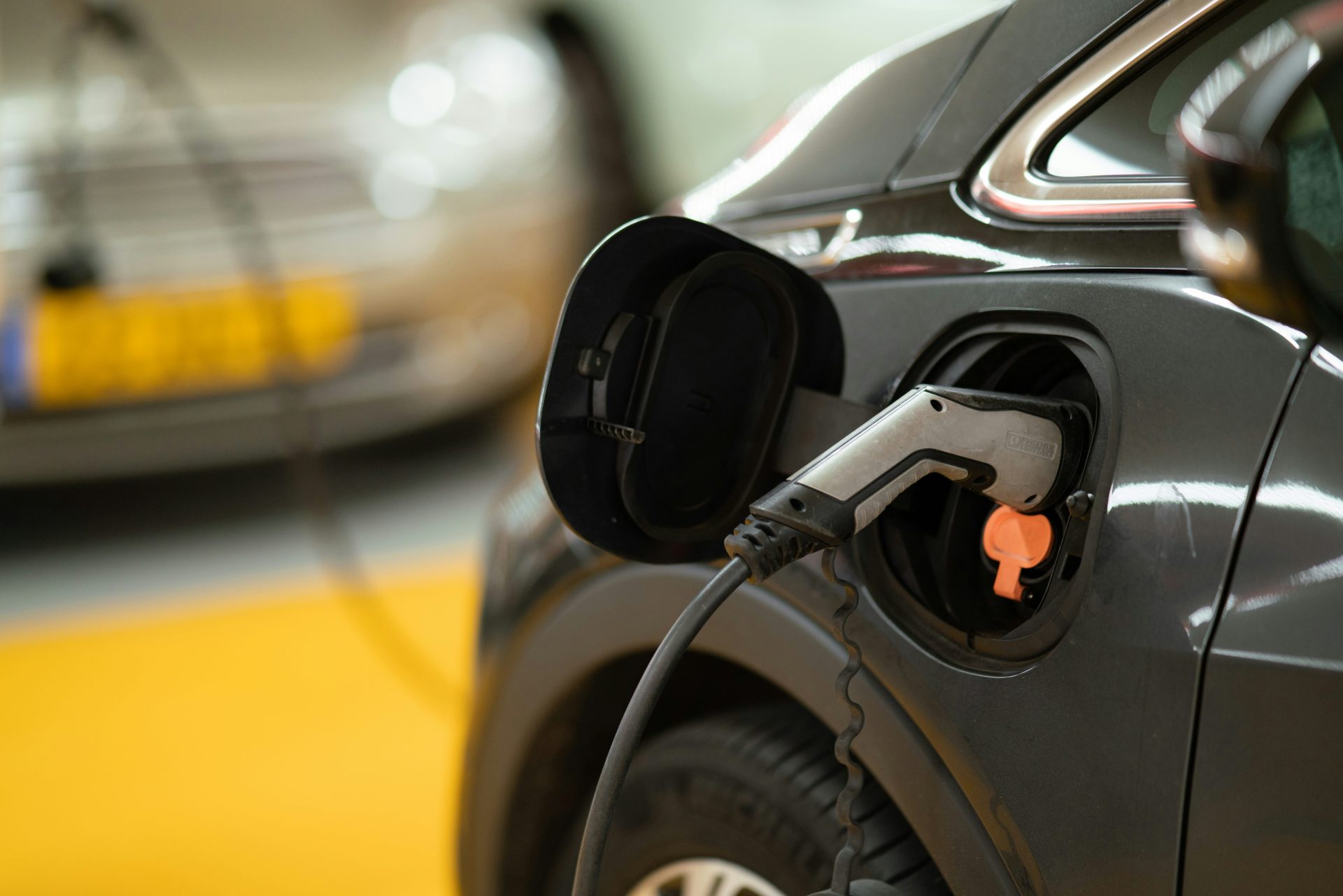Global demand for electric vehicles (EVs) has slowed, and for prospective EV buyers, the main concern is a lack of charging infrastructure, according to the fifth annual EY Global Mobility Consumer Index report.
The report – based on 19000 respondents from 28 countries – shows that while globally those looking to buy an EV has risen from 55% to 58% since last year, demand is leveling off, having increased from 30% to 55% between 2020 and 2023.
A series of concerns are still holding some prospective buyers back, with 27% of respondents citing a lack of charging infrastructure as their primary concern; 25% saying they are worried about the range of EVs; and 18% saying that EVs take too long to charge. For the first time the latest study has also identified apprehensions around the high cost of battery replacement, mentioned by 26% of potential buyers.
In 2024, high fuel prices have continued to outpace other factors in motivating consumers to buy an EV, with 37% citing it as the main reason, and environmental concerns have continued to be deprioritized in recent years – with 49% of respondents citing environmental concerns as a motivating factor in 2021, compared with just 34% in 2024.
Overall, global car buying intent rose from 44% to 51% around the world. However, in the US those intending to buy a car has fallen from 60% to 50% since last year, and those intending to buy an EV has plunged from 48% to 34% over the same period. Despite the overall decline in US EV buying intention, hybrids witnessed a modest increase, reflecting a growing pivot towards them in the wider market.
Meanwhile, European markets have seen an increase in car buying intent in the next two years, notably in the UK, where intent has risen from 45% in 2023 to 56% this year, a sharp increase that has seen it overtake its European counterparts. Norway’s car buying intent in the next two years has also increased from 34% to 50% over the past year. Despite the jump in longer-term car buying intent in the UK, the large increase has not translated to EV buying intent, which has only increased from 54% in 2023 to 59% this year.
“Today’s figures should be a wake-up call to the automotive, energy and government sectors,” said Ulrika Eklöf, EY global mobility leader. “Electric vehicles are the future of mobility, but these findings reveal that there is still a way to go when it comes to addressing issues around infrastructure, range and battery replacement costs. A significant number of consumers remain skeptical about EVs, particularly regarding infrastructure and range. These aren’t new concerns. There needs to be a sustained effort across the ecosystem to make sure that these concerns are addressed, otherwise we run the risk of turning consumers off EVs at a time when they should be getting more excited about them.”
Are consumers leaning towards Chinese EV brands?
Chinese brands have made great strides in recent years, particularly outside their homeland. Between 2019 and 2023, the proportion of European EV sales that were Chinese models rose from 0.4% to 8%.
In terms of brand preference, the data shows that 30% of consumers in APAC who intend to buy an EV have at least one Chinese brand in their top three preferences, but that number falls to 16% for Latin American respondents (Brazil, Mexico, Colombia) and 12% in Europe. European respondents indicated that the leading reason they would consider a Chinese EV brand is the potential value for money (59%) and the appeal of the vehicles on offer (51%), while value for money was of lesser concern for APAC respondents.
The EY Global Mobility Consumer Index also revealed generational shifts in attitudes. While both millennials and Gen Z respondents ranked good value for money as their primary reason for considering Chinese EV brands, they diverged on trust – as only 36% of Gen Z consider trust in Chinese brands a factor in the purchasing process, compared to 41% of millennials.
“It has been a pretty spectacular 12 months for Chinese brands. They are becoming bestsellers across the globe and starting to muscle in on the sales of traditional manufacturers in Western markets,” said Martin Cardell, EY global mobility solutions leader. “The Chinese brands offer a compelling value proposition for consumers with a wider selection of affordably priced EVs loaded with technology features not found in comparable gasoline or diesel vehicles. However, the lack of brand awareness and a growing issue with trust remains a challenge, particularly outside the APAC region. We expect to see the Chinese brands continue to invest in greater local partnerships and campaigns to further build their presence.”
Increasing awareness of connected car features
The connectivity of cars has become a key issue on which global automakers are competing for customers, but they still have work to do. Consumers surveyed have a strong interest in connected technology, particularly technologies that help with navigation and improve safety and security, with more than 60% indicating that if the technology is available they would use it. That number is lower for other services though, with service and maintenance at 37% and performance upgrades at just 21%.
Also, across the board, there are concerns about the cost of services for connected cars: globally, 49% say they are too expensive. While 47% of US and 45% of European EV owner respondents cited this as a key concern, only 39% of Chinese respondents said the same. Equally, 50% of US EV buyers say services are expensive, compared with just 40% in China.
In terms of data sharing, 36% globally say they have concerns about sharing data. Interestingly, there is very little difference between the generations, with Gen Z and baby boomers at 33% and 34%, respectively, and Gen X and millennials the most concerned about sharing data, both at 37%.
Cardell added, “There is clearly still a case to be made for consumers when it comes to connected cars. Our data shows that consumer respondents are increasingly prioritizing functional connectivity features in connected cars – especially safety and security – and view certain add-on services as non-essentials. The perception that connected features are expensive and data security concerns continue to weigh down heavily on data monetization efforts from automakers. Also, while privacy concerns impact a considerable share of respondents, the findings reveal that incentives could encourage consumers to share their data. Globally, 56% of consumer respondents believe that incentives, whether monetary or otherwise, are required to encourage sharing of vehicle or personal data. This is going to be an essential question to answer for manufacturers seeking to fully monetize this area.”
Thanks for reading CPA Practice Advisor!
Subscribe Already registered? Log In
Need more information? Read the FAQs




